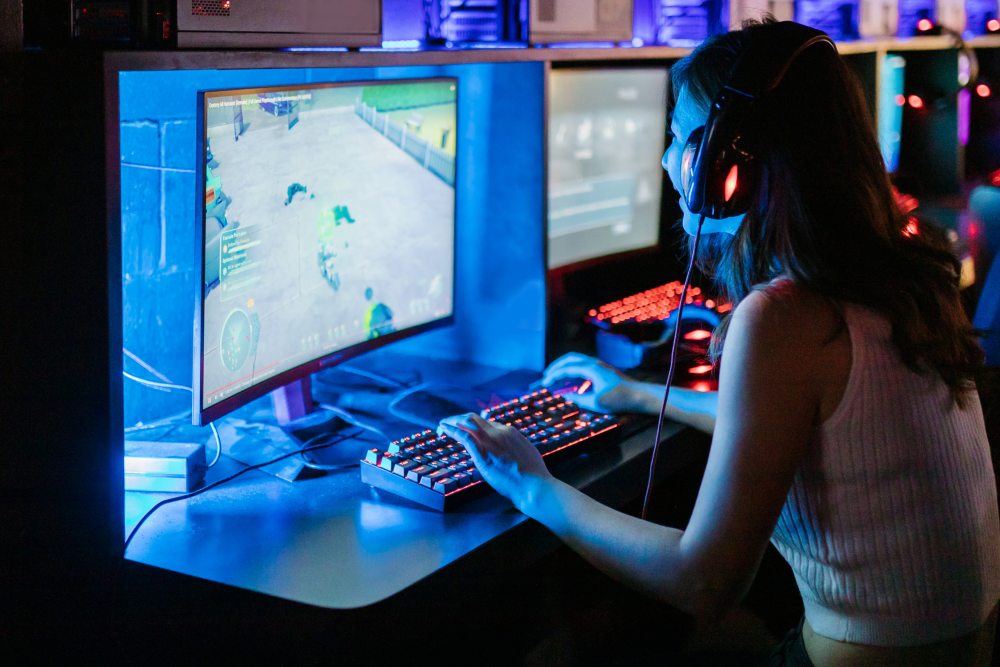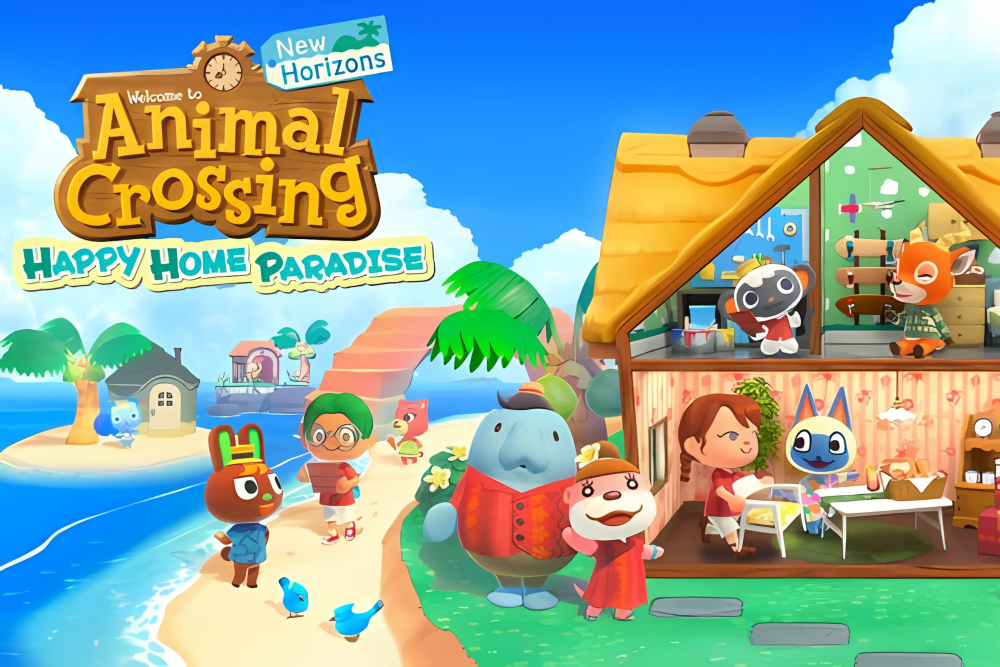
As a female myself, I can definitely say gaming isn’t just a man’s world anymore – but stereotypes around female gamers stubbornly stick around. The image of a gamer girl struggling with game controls or only playing ‘cute’ games is outdated. Yet, it’s a myth that endures and often undersells the valuable contribution of women in gaming.
These stereotypes didn’t appear out of nowhere. Historically, the gaming industry marketed predominantly to young males, creating stories and characters that appealed to this group. Over time, women were cast in lesser roles or as mere characters, shaping perceptions about their involvement.
It’s crucial to look at the numbers here. Studies have shown a steady rise in female participation across gaming platforms, debunking the myth that women aren’t interested in complex or competitive gaming. Professional leagues and tournaments now feature some of the best heads-up matches fought by female gamers.
Listening to female gamers themselves can be eye-opening. Many share stories of being underestimated or sidelined just because of their gender. You’ll hear experiences about how they’ve not only broken these barriers but often outperformed their male counterparts, changing attitudes one game at a time. Breaking these stereotypes involves understanding how deep they run, but also acknowledging how far we’ve come in smashing them.
Shifting Demographics: Games with a Significant Female Audience
It’s not all shooter games and endless dungeons. Many women are flocking to games like “The Sims”, “Animal Crossing”, and “Candy Crush”. These games attract with creativity, strategy, and a social vibe that’s hard to beat. Whether they’re designing dream homes or managing virtual islands, female gamers are all in.
Game designers are getting the memo, too. They’re starting to cater more to diverse audiences, understanding that the old stereotypes are just that—old. The push for inclusivity is leading to richer narratives and better representation in gaming worlds. That’s got a long-term pay off, bringing more players to the fold.
Some of the fastest-growing game communities owe their success to a substantial female player base. You’ll find women not just playing but leading in areas like e-sports and streaming. They’re setting trends and showing that skill knows no gender.
For those interested in jumping into online gaming, consider checking out forums and communities that focus on these popular titles. You might be surprised how welcoming and supportive these spaces can be!

The Hidden Identity: Female Gamers and Anonymity Challenges
In the gaming world, identity can be powerful, yet surprisingly, many female gamers opt to hide theirs. It comes down to avoiding unnecessary judgment or discrimination based on their gender. That’s a pretty heavy load when all you want to do is chill and enjoy a game.
- Prominent Anonymity – let’s talk numbers. A significant portion of female gamers choose to remain anonymous, especially in online spaces where they might face disrespect or scorn. It’s not just about keeping details secret; it’s a strategy to outwit bias and harassment.
- Masking Gender – when you think about it, playing under an alias or using a gender-neutral gamertag is about more than peace of mind. It’s about shaping a space where gameplay and talent take the front seat. Gamer girls have stories about how hiding their gender has allowed them to focus on improving their skills and making genuine connections.
- Social & Psychological Impacts – it’s worth pondering the impact this anonymity has socially and psychologically. It can be isolating not to fully represent oneself. Still, the resilience seen in these communities is inspiring. They share strategies, support each other, and build networks that celebrate accomplishments without prejudice. Navigating online spaces safely isn’t just a hurdle—it’s part of crafting a better, more inclusive gaming culture.
If you’re facing similar challenges, you might explore communities that emphasize player respect and diversity. Finding a supportive network can transform your gaming experience, making it a space where you feel at home.
The E-girl Phenomenon: Understanding and Deconstructing the Stereotype
E-girls are popping up everywhere, and they’ve sparked feelings from admiration to skepticism.
But what’s an E-girl, exactly?
Traditionally, it paints a picture of a younger female gamer with a distinct online persona, marked by style choices and a heavy presence on social media platforms.
The concept hasn’t just affected those who identify with the term, it has shifted perceptions of female gamers altogether. On one hand, the E-girl stereotype brings out creativity, blending gaming with fashion and social trends. On the flip side, it can pigeonhole, feeding into the same old stereotypes that many are trying to break.
But here’s where it gets interesting. Many are reclaiming the E-girl identity, using it as a force for empowerment. It’s about embracing a style, a community, or an online personality without conforming to limiting labels. Instead of being criticized, they’re flipping the narrative and being celebrated for their individuality.
Here’s a fresh take: E-girls are proving how diverse the gaming world truly is.
They’re sharing their experiences, demonstrating that being a successful gamer and an E-girl aren’t mutually exclusive. They’re advocating for a broader understanding of what it means to be a female gamer today.
If you’re curious, or maybe considering embracing E-girl elements yourself, you may want to explore online spaces that support self-expression. These communities are often vibrant, welcoming, and absolutely in tune with modern gaming culture. It’s all about finding your unique space in the digital realm and celebrating what makes you, well, you.
About Julianne
Julianne is the founder and writer for the blog articles here on Power Player Zone – a nurturing online space for gamers to learn more about their passion, no matter their background or identity. As an introverted female gamer for the past 5 years, Julianne strives for inclusivity in her mission to spread the joy of video games to everyone; for her, games aren’t just for fun – they allow us to gain insight into ourselves and the vibrant cultures and communities in which we live.
